Cardiac Valve replacement is performed to replace or repair a valve in the heart that stops working properly due to Valvular Heart Disease, also called Heart Valve Disease.
Heart valve replacement surgery involves a significant procedure that is performed through an open-heart approach, accessing the chest via the breastbone. This major operation, lasting two hours or more, requires a substantial recovery period, often extending over several weeks. While advancements have introduced less invasive alternatives for specific cases of valvular heart disease, these procedures are currently limited to select hospitals.
The main types of cardiac valve impairment include:
Valve replacement includes four procedures:
The aortic valve and the mitral valve replacements are the most common. Pulmonary and tricuspid valve replacements are uncommon in adults.
It's crucial to note that the specific symptoms can vary depending on which valve is affected (aortic, mitral, pulmonary, or tricuspid) and the nature of the impairment (stenosis or regurgitation). The following are the symptoms:
Before undergoing cardiac valve replacement, individuals typically undergo a series of diagnostic tests to assess the condition of the heart and determine the need for surgery. These may include:
Valve replacement or repair can be done in several ways, depending on the problem. The most common valve replacements are:
Surgical procedure- In Aortic valve replacement the incision is made by cutting through the sternum. After the pericardium is opened, the patient is put on a cardiopulmonary bypass machine, which is also known as the heart-lung machine. This machine performs the task of breathing for the patient and pumping their blood around while the surgeon replaces the heart valve.
The surgeon makes a cut in the aorta when the patient is on bypass and applies a crossclamp. The patient's diseased aortic valve is removed and is replaced by a mechanical or tissue valve. After the placement of the artificial valve and closing the aorta, the heart-lung machine is taken off from the patient. A transesophageal echocardiogram helps to confirm whether the new valve is functioning properly.
Surgical procedure- General anesthesia is given to the patient before mitral valve replacement. An incision is made horizontally under the left breast, or vertically through the sternum. After exposing the heart, a cannula is placed and blood is directed to the heart-lung machine for cardiopulmonary bypass. The mitral valve is exposed by creating an incision in the left atrium. Then the valve is replaced. The left atrium is closed and the cardiopulmonary bypass is removed. The patient is taken to an intensive care unit after the surgery.
Post cardiac valve replacement, patients typically undergo a recovery period that involves monitoring for signs of infection, managing pain, and gradually resume normal activities. Short-term restrictions on strenuous activities may be advised, and a cardiac rehabilitation program could be recommended to enhance overall recovery.
Regular follow-up appointments with healthcare professionals help track progress and address any concerns, ensuring a smooth transition back to daily life while promoting optimal heart health.

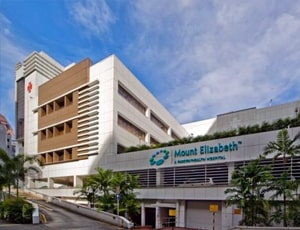
Singapore, Singapore
Mount Elizabeth Hospital is a multispecialty healthcare facility operated by Parkway Health. The hos...more
![]() Private Rooms
Private Rooms
![]() Translator
Translator
![]() Nursery / Nanny Services
Nursery / Nanny Services
![]() Airport Pick up
Airport Pick up
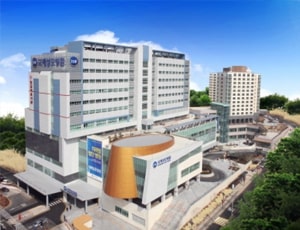
Seoul, South Korea
Catholic kwandong university international St Mary hospital is one of its kind hospitals in Korea. I...more
![]() Post operative followup
Post operative followup
![]() Airport Pick up
Airport Pick up
![]() Online Doctor Consultation
Online Doctor Consultation
![]() Free Wifi
Free Wifi
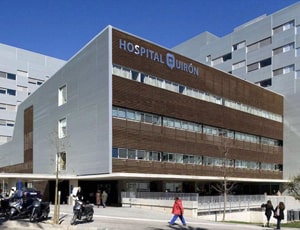
Barcelona, Spain
Quironsalud Barcelona Hospital is built at a very convenient location in Barcelona. The hospital is ...more
![]() Accommodation
Accommodation
![]() Airport Transfer
Airport Transfer
![]() Choice of Meals
Choice of Meals
![]() Interpreter
Interpreter
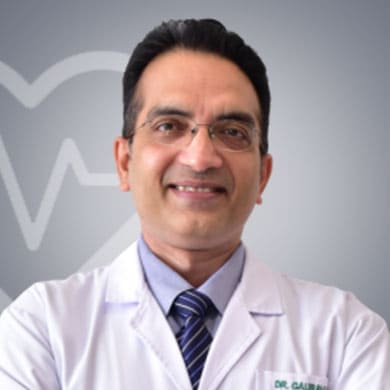
Cardiac Surgeon
Delhi, India
23 Years of experience
USD 32 for video consultation

Cardiothoracic and Vascular Surgeon
Faridabad, India
18 of experience
USD 48 for video consultation

Cardiac Surgeon
Kolkata, India
5 of experience
USD 36 for video consultation
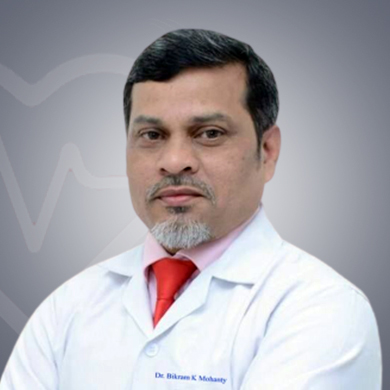
Cardio Thoracic & Vascular Surgeon
Delhi, India
27 Years of experience
USD 42 for video consultation